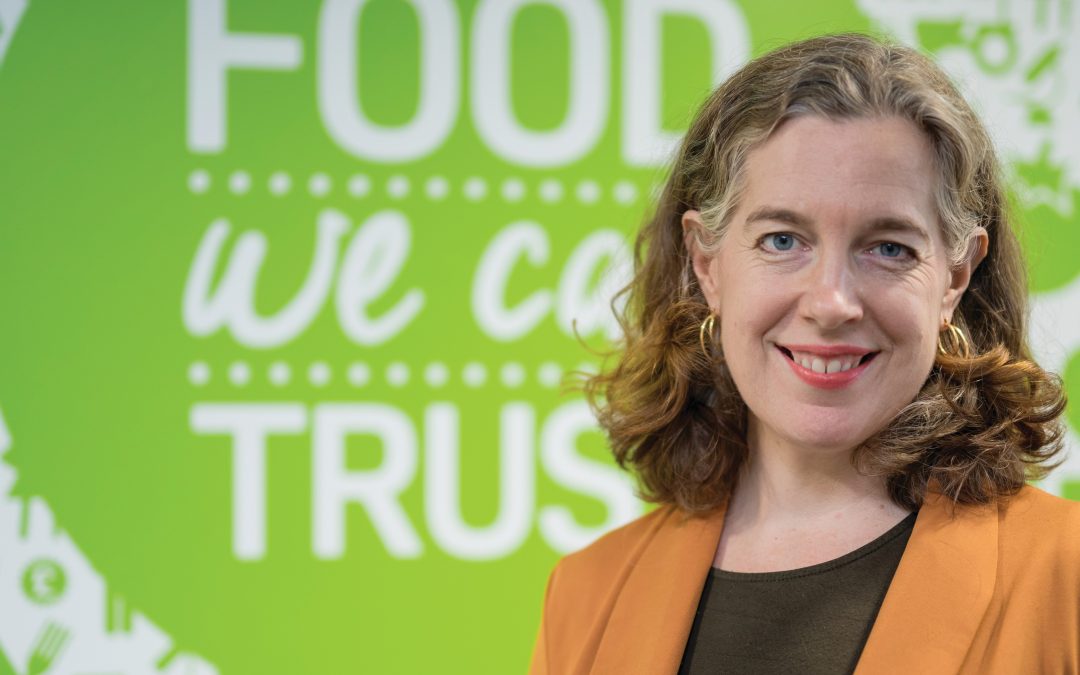The Food Standards Agency (FSA) has given evidence to the Environment Food and Rural Affairs Committee (EFRA) about the implications of vet shortages in the UK, requesting Government support in delivering “rewarding and sustainable” veterinary careers.
The FSA submitted written evidence to EFRA regarding the shortages, stating that “vets working across the meat sector underpin the economy, providing value to the £9.1 billion domestic meat industry and the £2.1 billion meat export trade”. It highlighted the competitiveness of the veterinary jobs market, and the difficulties faced by those wishing to enter it.
In order to achieve systemic change, FSA said there must be legislative reform to allow vets to be multidisciplinary, working with a “range of allied professionals”. It also said that increased financial backing “could enable changes to Government vet remuneration” to make the profession a more attractive option to students and potential OVs.
FSA chief executive Emily Miles said: “Our Official Veterinarians (OVs) are the backbone in protecting animal health and welfare and trade as well as assuring food safety standards in the UK.
“The FSA’s ability to deliver OV-led inspections in abattoirs is under sustained pressure because of vet workforce shortages, putting at risk the high consumer trust we have in meat and animal welfare standards here. We rely on vets from overseas to do critical public health and animal welfare work in abattoirs, with very few UK-trained vets currently interested in doing this work.
“That is why today the FSA asked for legislative reform, financial backing, a supportive immigration policy and a systematic strategy to deliver rewarding and sustainable veterinary careers. We need a joined-up approach across Government and the veterinary profession so that we end the current precarious situation and the UK public can have food they can trust into the future.”
Overseas recruitment to be impacted
The evidence also addressed the recent Government immigration rule, stating that it would have further implications for the industry and the ability to recruit overseas vets. It said that the rule would impact the price of meat to consumers.
Commenting on the shortages, Food Standards Scotland (FSS) CEO Geoff Ogle said: “The entire veterinary profession across the UK is facing resourcing challenges, which are contributing to difficulties and delays in recruiting sufficient OVs.
“Not having sufficient OV resource has the potential to cripple export capability, consumers would lose trust in the UK system and the critical functions on animal health and welfare surveillance would be undermined.
“To put into context just how much we rely on overseas nationals for this important role, out of around 30 OVs employed by FSS, there is only one part-time UK national official within the team. As a result, supporting the meat industry and ensuring consumer protection means overseas recruitment remains vital in securing adequate staffing.
“We are calling for the UK Government to ensure that when it comes to veterinary supply, and in particular being able to attract vets, they acknowledge the challenges and will make sensible provision for veterinary recruitment, including on immigration policy.
Dr Jason Aldiss, a spokesperson for the Association of Independent Meat Suppliers (AIMS), commented that the “real issue at hand is not a shortage of veterinarians, but a profound lack of vision and leadership within the sector”. He called for a shift towards a “vet-led team model, where veterinarians oversee teams of non-vets trained to handle routine tasks”, which he said would free up professionals to focus on areas where their “expertise is most needed”.









